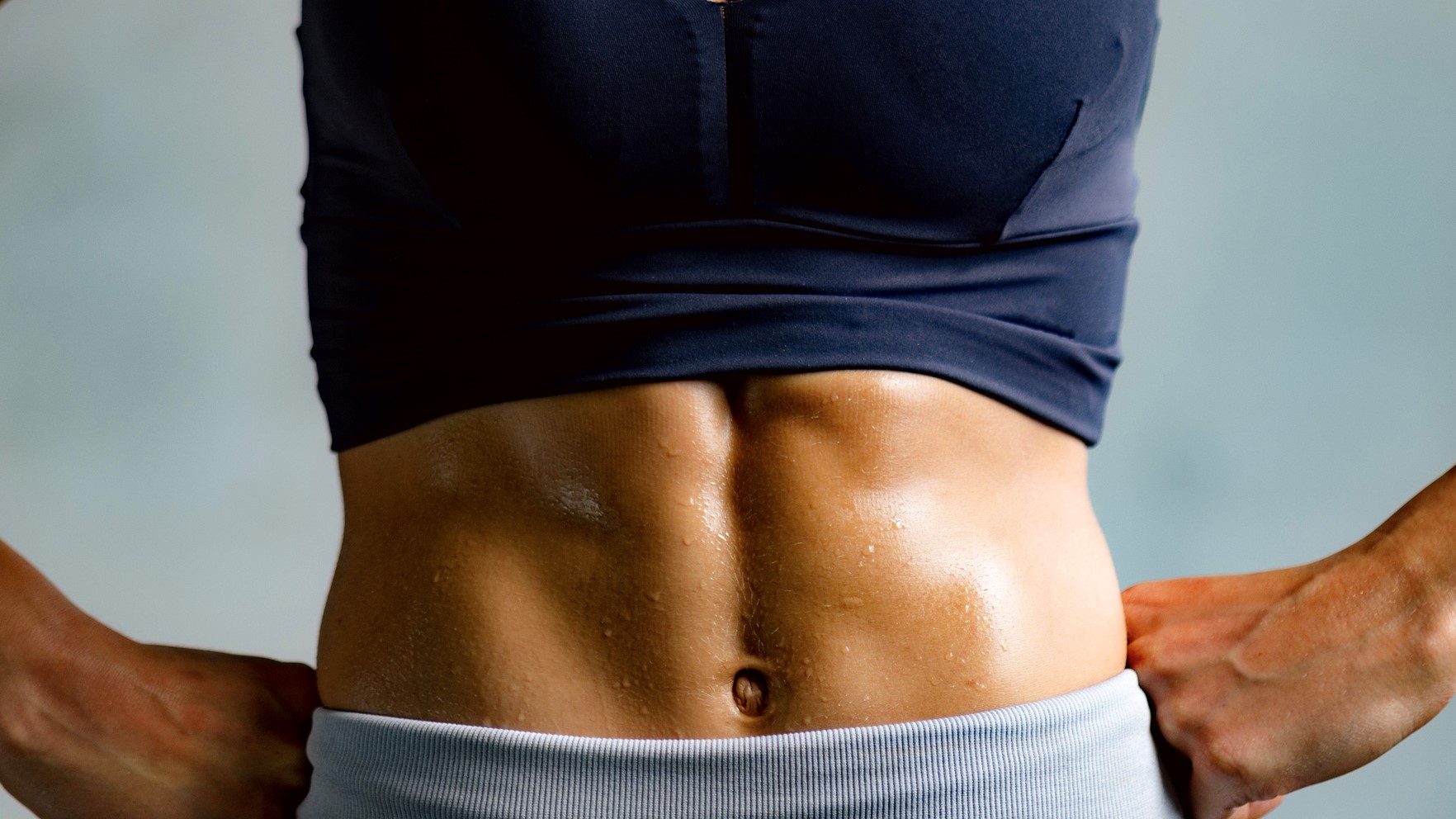Forget sit-ups — this 4-move ab workout targets your deepest core muscles
Here are the exercises to add to your next routine

When it comes to targeting your deepest core muscles, not all ab exercises are created equal. Forget crunches and sit-ups, if you’re really looking to work your deep core, you’ll need to switch up your ab routine. The transverse abdominis is the deepest muscle in your midsection and works to stabilize the trunk and protect your spine.
If you’re looking to target the deepest muscles in your core, we’ve found a simple workout by Lottie Alice Lamb, a hybrid athlete and trainer. Working your deep core muscles can improve your stability, help you move with better posture, and protect the body from injury. Ready to find out more? Add these four exercises to your next ab workout to work those all-important muscles.
As a reminder, if you’re new to exercise, or you’re returning to exercise following an injury or pregnancy, it’s a good idea to check in with a personal trainer before adding a new exercise to your routine.
What is the workout?
Complete the circuit of four exercises three times, with a 45-second rest between each circuit.
A post shared by CHARLOTTE (@lottiealicelamb)
A photo posted by on
Jack Knife Tuck: 30 seconds
To do this exercise, start by lying on your back, with your head and neck lifted off the floor, and your body weight resting on your elbows. Keep your forearms alongside your body, and your lower back imprinted onto your exercise mat. Engage your core, and extend your elbows, crunching your torso off the mat, and the same time, tuck both knees in towards your chest. As you lower your trunk back down towards your mat, open and close your legs. Keep your core engaged throughout.
Flutters: 30 seconds
Starting from the same position, raise both legs a few inches off the ground, and cross one over the other, flutter kicking them up to the ceiling, then back down. If this is too much on your lower back, or you feel your lower back peeling off the mat during this move, drop your head and neck down to the ground, and place your hands underneath your glutes. Here’s more on how to do flutter kicks with perfect form.
Leg raises: 30 seconds
From the same starting position, with your body weight on your elbows and your lower back pressed into the mat, engage your core and lift both legs up to the ceiling, then back down, stopping a few inches from the floor. Again, if this is too difficult, lower your body down to the exercise mat.
Sign up to get the BEST of Tom's Guide direct to your inbox.
Get instant access to breaking news, the hottest reviews, great deals and helpful tips.
Table top: 30 seconds
For this exercise, start lying on your back, with your legs in a tabletop position, with a 90-degree bend in your knees. Crunch your head and neck up a few inches off the floor and hold. From here, tap one heel to the mat, then the other, then lower your head and neck back to the ground. That’s one rep.
What are the benefits?
For a lot of this workout, you’ll be holding a modified v-sit position, with your torso and legs lifted. V-sit isn’t just a fancy sit-up, it’s a stabilization exercise that really forces your core to work hard to hold your body stable as you move. As well as working on your core, you’re also working on your balance as you hold, and move in and out of the v-sit position. The v-sit also targets your hip flexor muscles. So this is a great workout to try if you’re a runner, or you spend a great deal of time sitting down behind a desk.
Far from being just an aesthetic goal, as mentioned above, working on your deep core muscles can improve your posture, and help protect your spine from injury. When we talk about our deep core muscles, we’re also referring to the pelvic floor and the erector spinae, which helps straighten and rotate the spine. Whether you’re a runner or a cyclist, a strong, stable core is important.
Like all ab workouts, the key here is to move slowly, and with control — the slower you move, the harder this will be. Don’t rush, and be mindful not to arch your lower back, as it can lead to injury.
More from Tom's Guide

Jane McGuire is Tom's Guide's Fitness editor, which means she looks after everything fitness related - from running gear to yoga mats. An avid runner, Jane has tested and reviewed fitness products for the past five years, so knows what to look for when finding a good running watch or a pair of shorts with pockets big enough for your smartphone. When she's not pounding the pavements, you'll find Jane striding round the Surrey Hills, taking far too many photos of her puppy.
